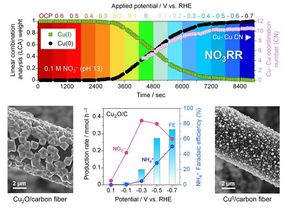ASC introduces new PLIOGRIP® 5000/5020 epoxy adhesive
Anzeigen
Dublin, Ohio (USA) -- The Specialty Polymers and Adhesives (SP&A) Division of Ashland Specialty Chemical Company has introduced a new two-component epoxy adhesive that needs no surface preparation when bonding sheet-molding compounds (SMC) -- a major cost- and labor-saving feature for manufacturers of parts for trucks and automobiles.
The new technology, called the PLIOGRIP® 5000/5020 epoxy adhesive system, bonds SMC to SMC and SMC to e-coated metals without using abrasives, solvents, flame treatments or primers on current molded SMC surfaces. Typical composite applications are door inner-to-outer panels, spoilers, liftgates and instrument panels.
"Our new adhesive system offers several advantages. First, the potential cost savings in terms of labor are significant. Second, we’ve eliminated the current need for the preparation process of sanding bond-joint areas -- and its excess-dust buildup and quality variability, which are common deterrents to effective bond adhesion. And third, now our customers can come to Ashland as their one source for adhesives -- epoxy as well as urethane," said Wolfgang A. Oplesch, SP&A’s market development manager.
The Specialty Polymers and Adhesives Division of Ashland Specialty Chemical Company is a leading, worldwide producer of high-performance, pressure-sensitive and structural adhesives and specialty resins serving the transportation, aerospace, construction, industrial and converting industries.













































